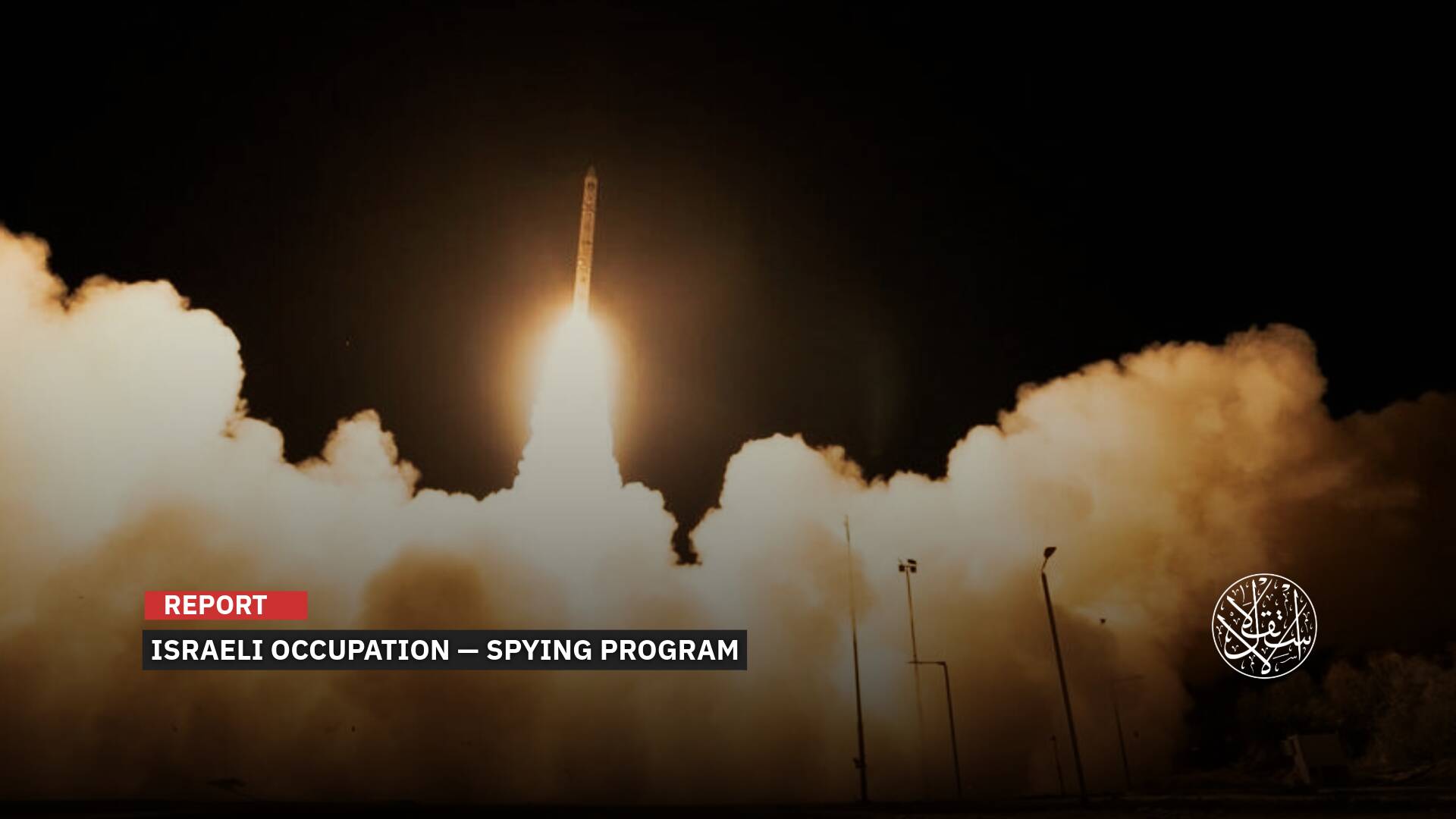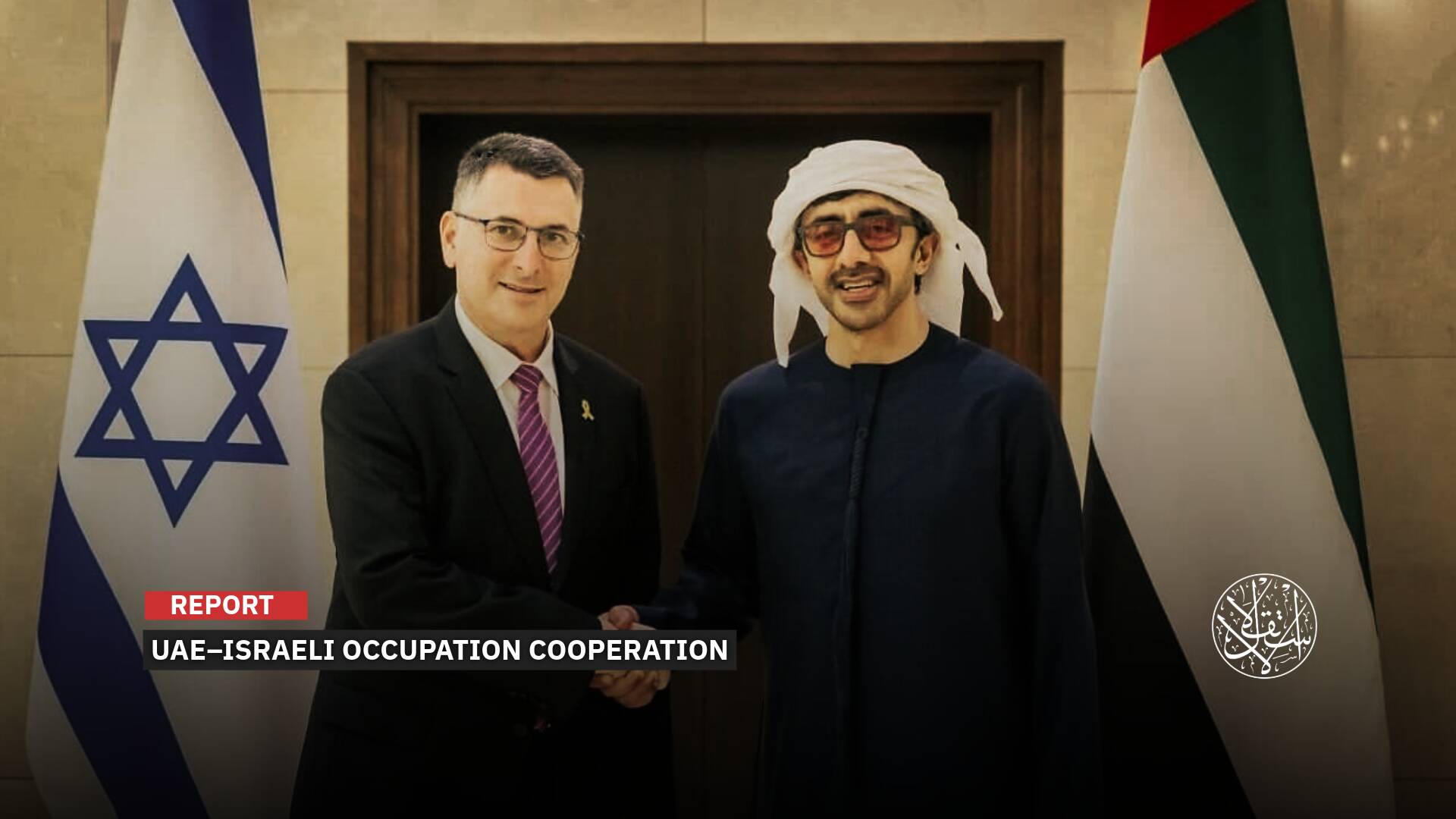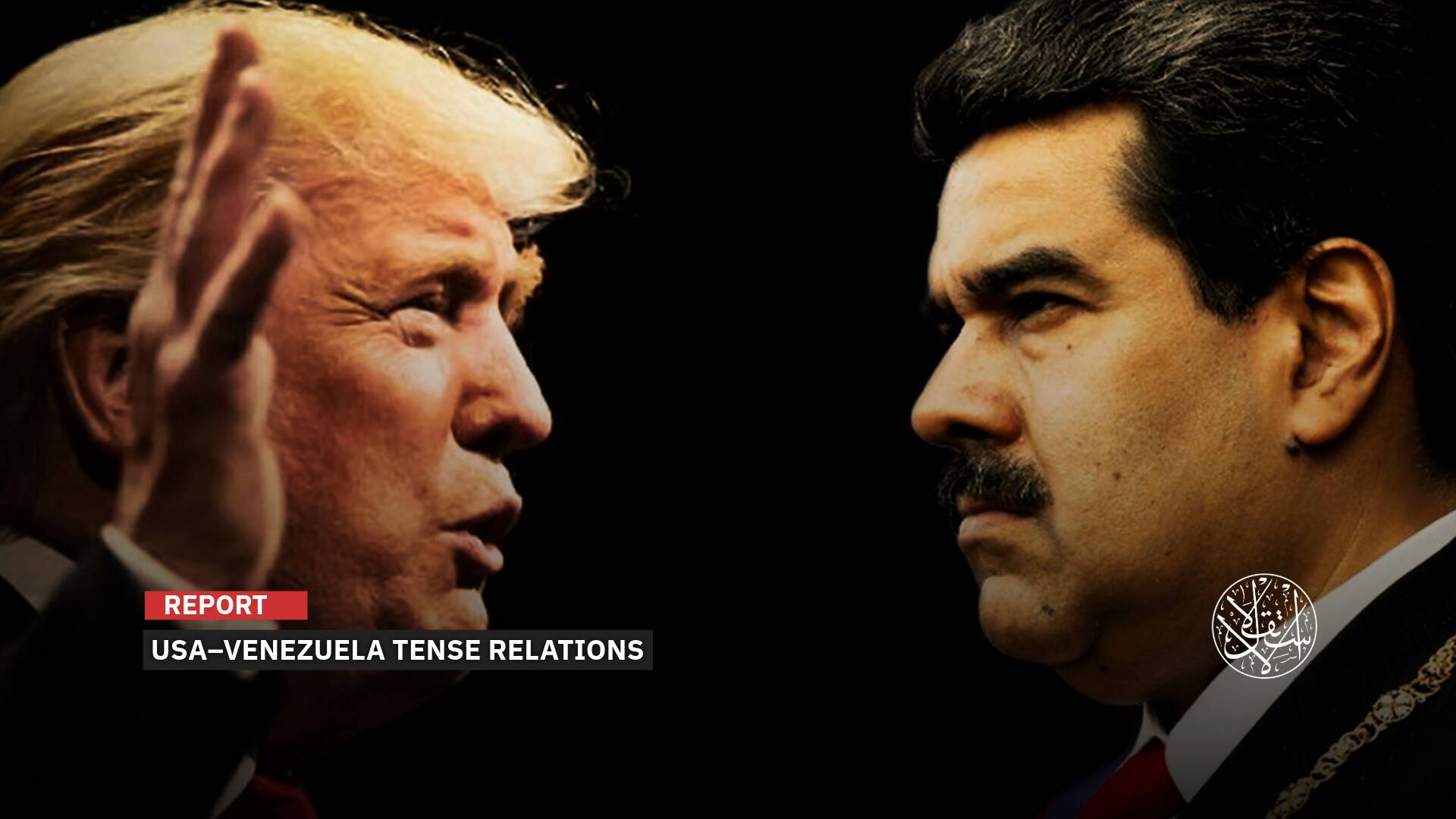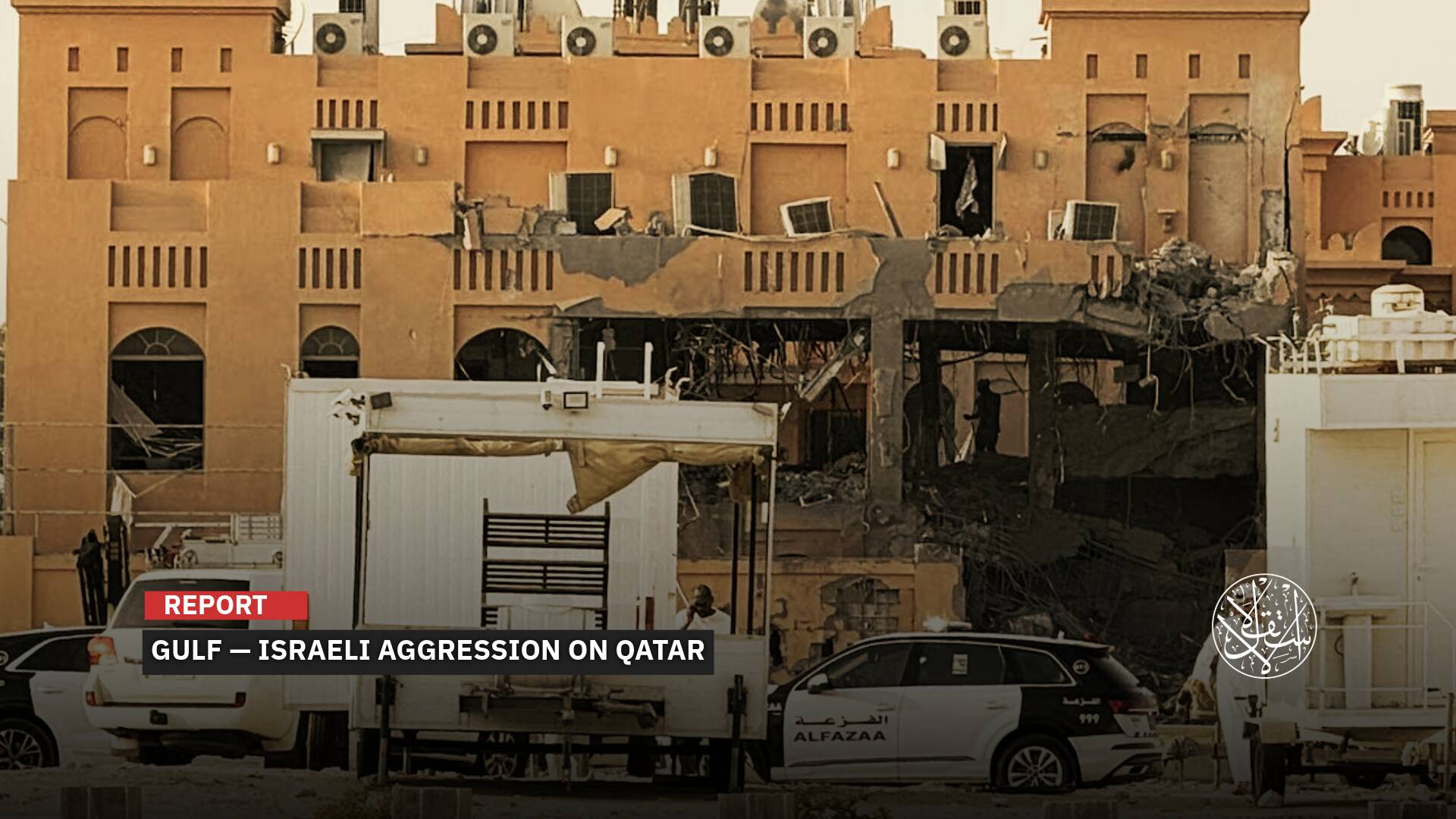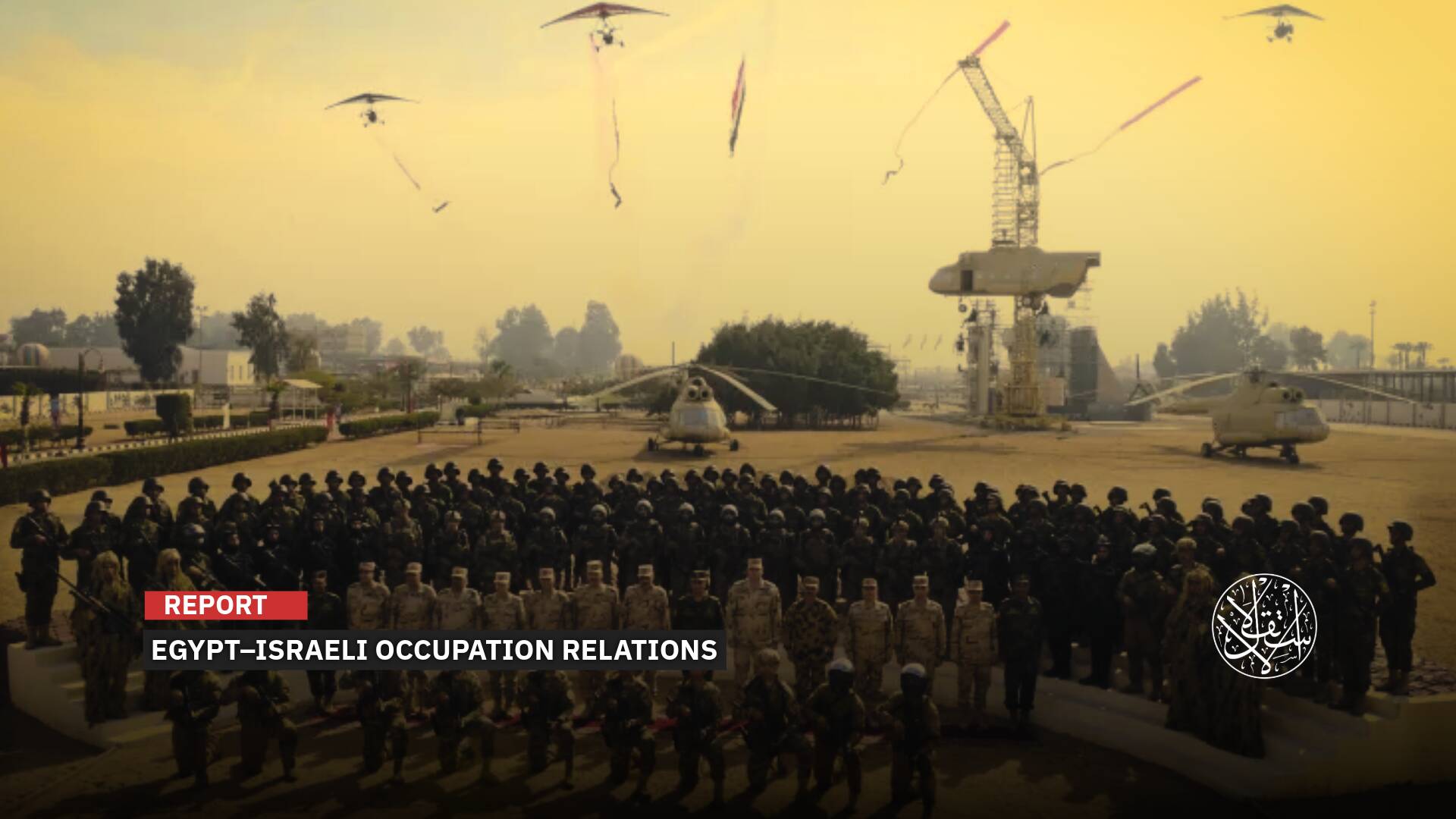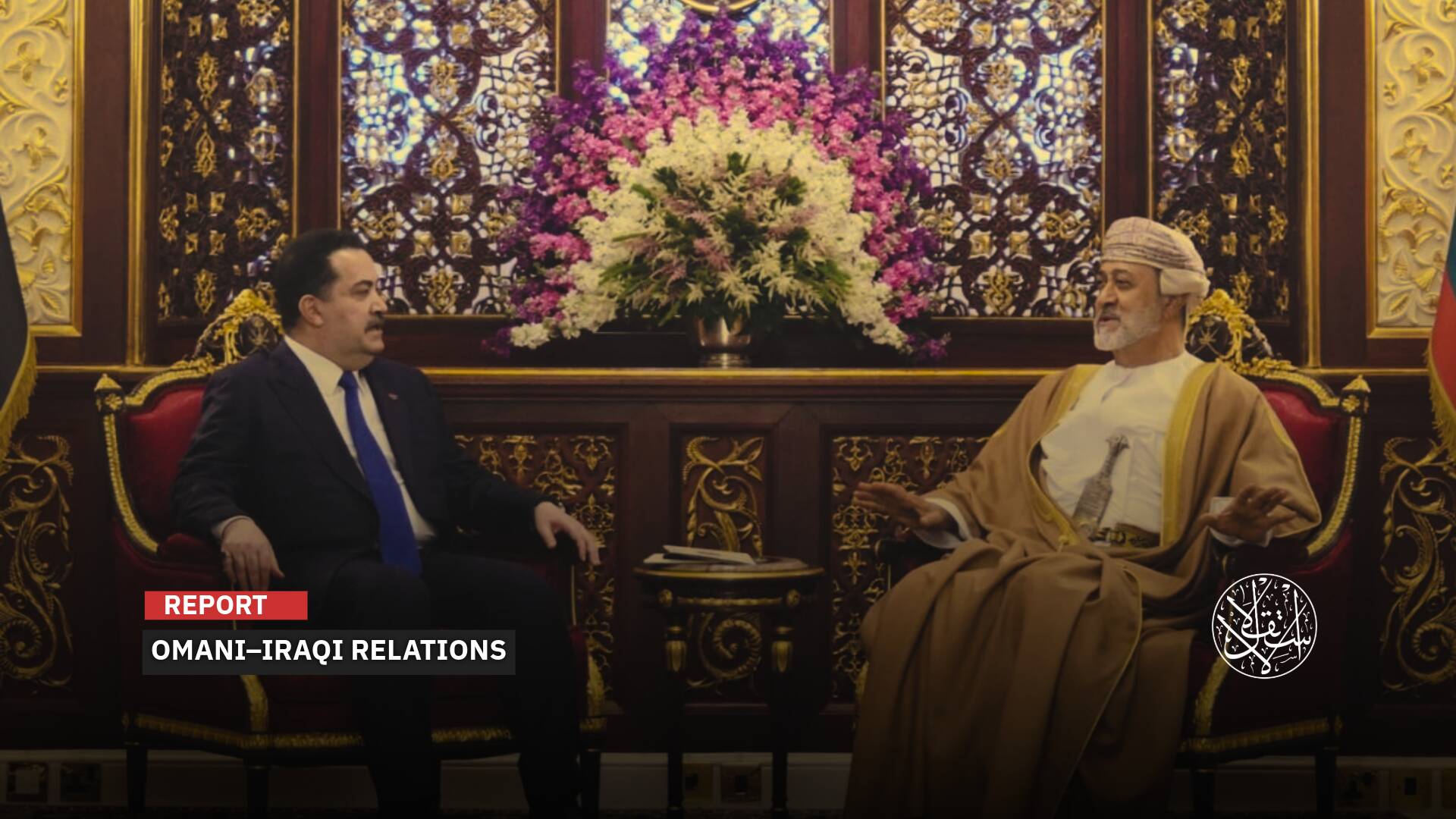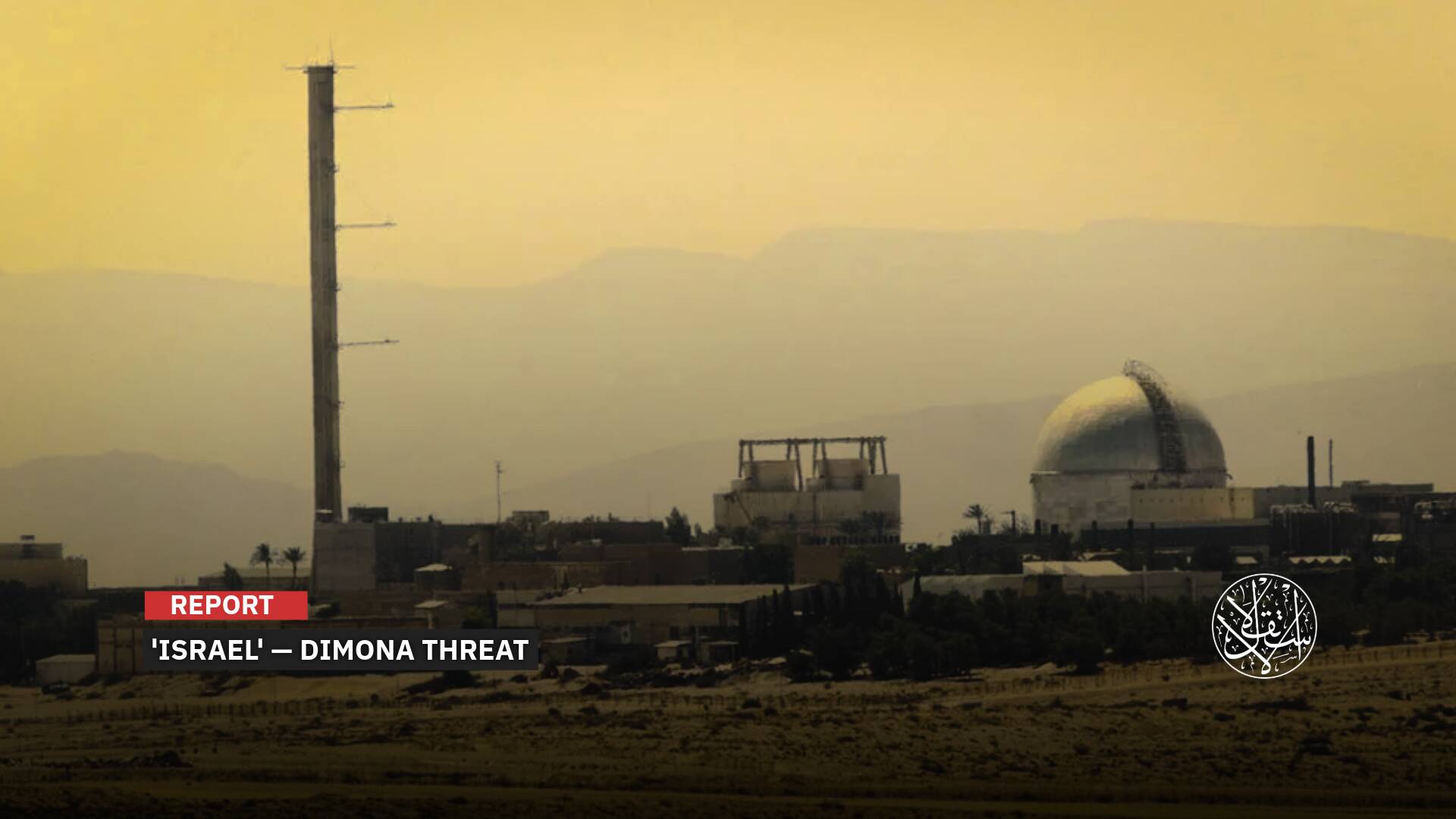Breaking Years of Stalemate: What’s Next After Syrian Opposition Regains Territory from Assad?

The operation caught the regime off guard, causing significant disruption as its frontlines rapidly collapsed.
In a significant shift in Syria’s military landscape, opposition factions achieved a major breakthrough in just one day, gaining ground at the expense of Bashar al-Assad's forces and allied militias.
On November 27, 2024, the opposition launched a surprise military offensive, dubbed “Deterring Aggression,” targeting villages and towns under regime control in western Aleppo and eastern Idlib provinces.
‘Deterring Aggression’
Opposition factions captured over 34 villages and strategic points, including the 46th Regiment—a key military base in western Aleppo, which had been under regime control since February 2020. The regained territory spans more than 300 square kilometers across Aleppo and Idlib, bringing opposition forces within five kilometers of regime-held Aleppo city.
The operation inflicted heavy losses on Assad’s forces, with dozens reported killed or captured. Opposition fighters also seized tanks, heavy weapons, and military vehicles, as documented in video footage shared online.
In a statement on Telegram, the command overseeing “Deterring Aggression” emphasized the humanitarian impact of their gains, noting that the reclaimed areas could facilitate the return of more than 100,000 displaced people to their homes, easing the humanitarian crisis in northwest Syria.

Northwestern Syria is home to nearly 5 million displaced people, spread across rural Aleppo, the city of Idlib, and its surrounding countryside.
The “Deterring Aggression” operation marked the first significant breach of contact lines between opposition forces and Assad’s militias since the March 2020 ceasefire agreement.
Images of the regime leader’s portrait being trampled underfoot by the opposition in recaptured military positions once again captured the attention of Syrians.
Notably, the operation occurred at a critical moment for Iran and its allied militias, despite recent reinforcements by Assad's forces along the frontlines with opposition factions.
The Syrian regime is acutely aware that losing strategically significant areas to the opposition strengthens the latter's hand in stalled political negotiations.
The latest map of territorial control reveals that Syrian opposition forces are nearing the Aleppo-Damascus international highway (M5), which the Assad regime secured in early 2020. If the opposition manages to sever this vital route, it would deliver a significant blow to the regime's economic strategy, which hinges on the M5's functionality while the Aleppo-Latakia highway (M4) remains partially controlled by opposition forces.
Message of the Operation
Speaking to Al-Estiklal, Syrian military and strategic expert Colonel Fayez al-Asmar said the opposition operation was well planned.
“‘Deterring Aggression’ is a well-executed military strike, carefully planned over months and not a sudden or random event. It’s the result of strategic preparation and decisive action.”
“This was no impromptu action but the result of months of meticulous preparation,” he added.
“The operation’s surprise impact led to the rapid disintegration of the regime's first defense lines, achieved through advanced military tactics.”
Al-Asmar highlighted that the regime was caught off guard by the breadth of the operation, which spanned an estimated 30 kilometers. He said the operation would likely shift territorial control, prompting political recalculations by influential powers such as Turkiye, Russia, and Iran—especially if the city of Aleppo falls under opposition control.
“This operation is a clear message to the Assad regime, its Iranian militias, Hezbollah, and the international community,” al-Asmar stated, asserting that opposition forces remain capable of reshaping the balance of power and rejecting any normalization with Assad's regime.
The opposition strategically aligned with international interests, particularly those of “Israel,” Washington, and others who seek to curtail Iranian influence and its militias in Syria.
This alignment likely motivated the launch of the “Deterring Aggression” operation, according to al-Asmar.

Regarding the absence of Russian aircraft in the battle, al-Asmar said, “I believe Russia wanted to send a message to Iran and the Assad regime, indicating that without Moscow's air support, they wouldn't have been able to hold on to any territory.”
“Russia is aiming to solidify its control in Syria, positioning itself to steer future political and military decisions, often at the expense of both the Assad regime and Iran,” he concluded.
The military factions behind the “Deterring Aggression” operation have vowed to expand their campaign in northern Syria.
“Today, we are entering a new phase of our blessed revolution after the launch of the military operations command's 'Deterring Aggression' battle [...] what our enemy sees is just the beginning,” military commander Abu al-Zubair al-Shami stated on November 28.
He urged Syrian regime forces to defect or flee from their positions if they did not want to be killed during the operations.
The commander explained that the battle was launched in response to the regime's attacks on civilians in northwestern Syria.
‘The Great Battle’
The “Deterring Aggression” operation has reminded many of the Syrian regime's violations of the 2020 agreement and its attempts to advance into opposition-held areas.
This advance was forbidden by the ‘Sochi Agreement’ between Ankara and Moscow in September 2018, particularly in eastern Idlib.
Therefore, many military experts see the recent operation as linked to several regional and international factors and variables.
The regime still aspires to retake liberated areas and disrupt any Russian-Turkish agreements in northwestern Syria that could lead to the regime regaining control of opposition-held territories.
In this context, retired Brigadier General Abdullah al-Asaad, head of the Syrian Rasad Center for Strategic Studies, noted that “the ultimate goal of opposition forces is to reach Aleppo and free it from Assad's grip.”
“The areas captured by the opposition are strategic, highlighting the fragility of the positions Assad's forces are relying on,” he told Al-Estiklal.
Al-Asaad also pointed out that opposition forces are likely to advance towards eastern Idlib, aiming to encircle and capture villages and towns there, particularly the towns of Nubl and al-Zahraa, which are strongholds of Iranian militias.

Al-Asaad agrees with those who see “this battle as different from all others, as it comes at a time of shifting international dynamics. It sends a message, primarily to Iran, that the factions in northern Syria are capable of altering the military equation in Syria in their favor.”
“It is noticeable that Russian aircraft have hesitated to engage in the battle, as Russia is also concerned about the escalating situation at home, with Ukrainian missiles now putting significant pressure on them.”
He pointed out that if Russia were to engage in air support over Syria, it would face increased pressure in Ukraine.
On another front, the Syrian opposition's advance and control over villages and cities along the Aleppo-Damascus M5 international highway open the door for the potential reimplementation of the 2020 Idlib ceasefire agreement.
This agreement stipulated the creation of a six-kilometer-long safe corridor to the north and south of the M4 highway, with joint Turkish-Russian patrols, which has not yet been fully implemented.
The reopening of the M4 highway is a critical issue between Russia and Turkiye, as it is part of the agreement signed on March 5, 2020, between Russian President Vladimir Putin and Turkish President Recep Tayyip Erdogan.
Since resuming commercial traffic on international roads is a significant bargaining chip in Syrian negotiations regarding control over these areas, Turkiye seems “comfortable” with the latest operation.
Turkish security sources stated that the Syrian opposition's military operations in the Aleppo and Idlib countryside aim to halt regime attacks on civilians and restore the “de-escalation zone” borders, as agreed in 2019 between Russia, Turkiye, and Iran.
A senior Turkish security source told the Middle East Eye that Turkiye had attempted to prevent the offensive to avoid further escalation in the region, especially given the ongoing wars “Israel” is waging in Gaza and Lebanon.
However, efforts to use the channels established by the 2019 de-escalation agreement to halt Russian and regime airstrikes on Idlib have not yielded results.
“In response to these attacks, Syrian opposition groups launched a limited operation towards Aleppo, targeting the areas from which the attacks originated,” the source said.
“What was initially planned as a limited operation expanded as regime forces began fleeing their positions.”
Sources
- Turkey says Syrian rebel assault near Aleppo is a 'limited operation'
- Syrian insurgents cut off key road as 200 die in escalating violence
- Day 2 of "Deterring Aggression": Opposition cuts off international road, approaches Aleppo [Arabic]
- Military factions vow to expand their operation in northern Syria [Arabic]
- Syria: Opposition takes control of 5 villages east of Idlib city [Arabic]
- Deterring Aggression’: Liberating the 'al-Manahel, al-Ridwan, and awli al-Albab Associations' West of Aleppo [Arabic]


